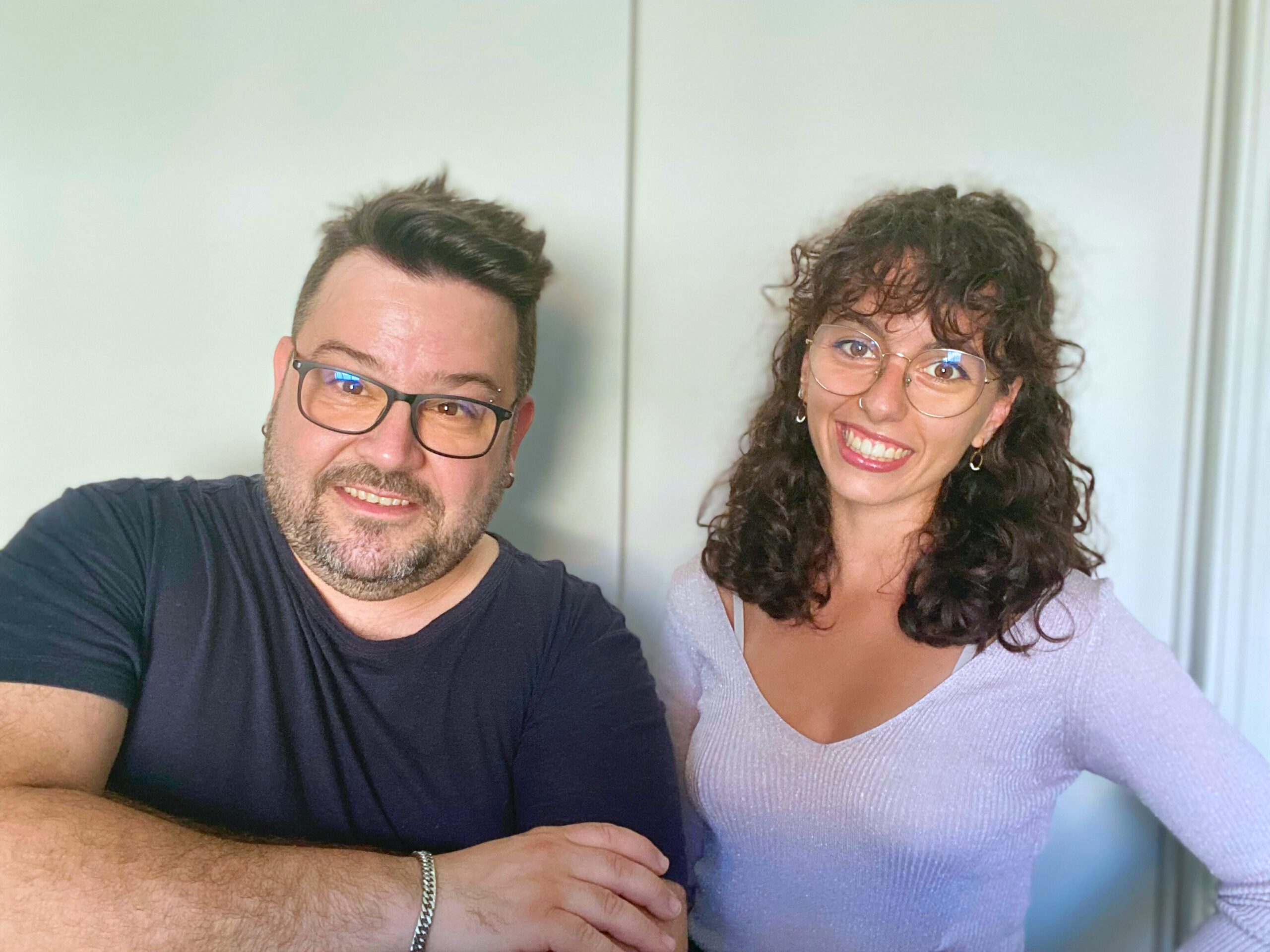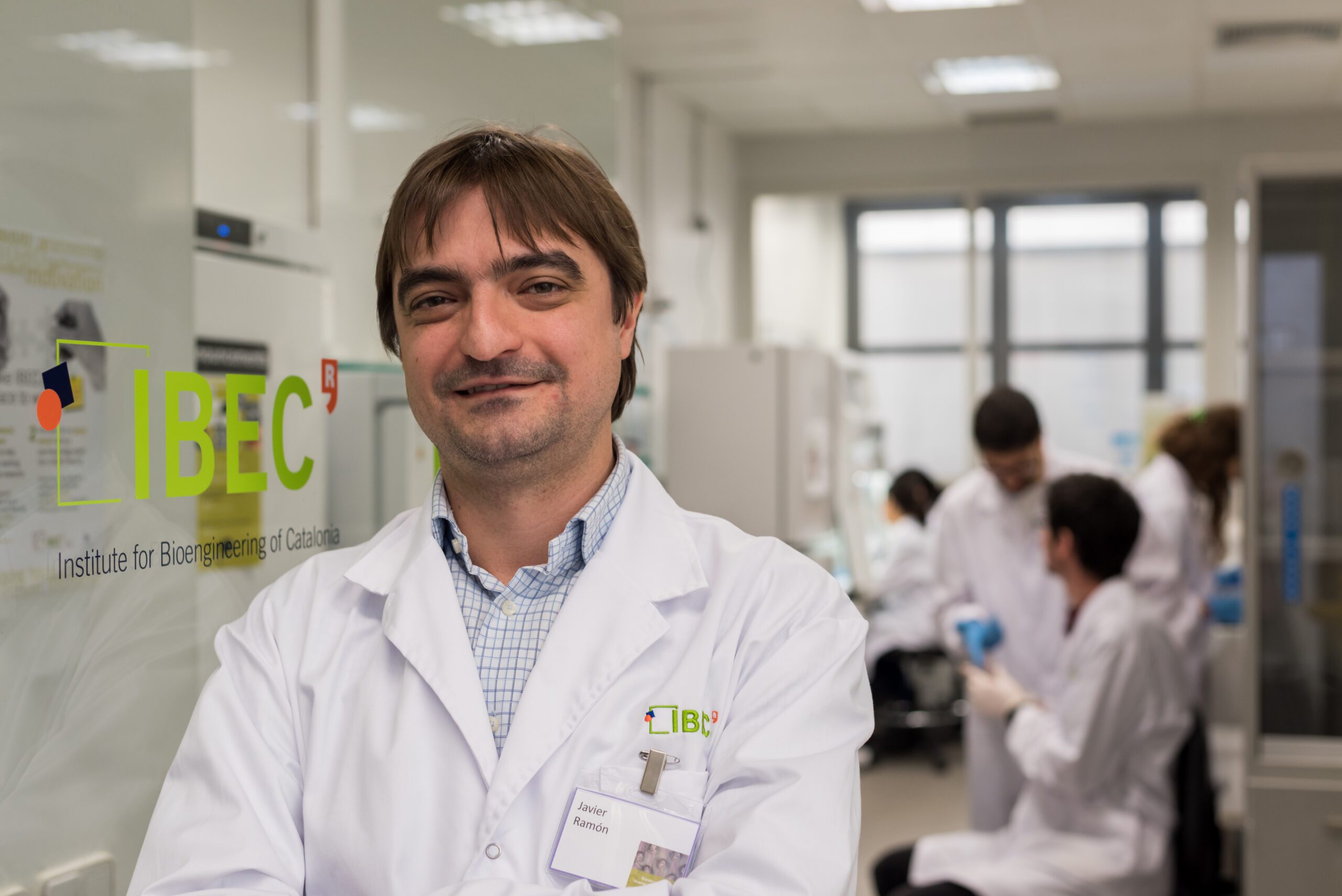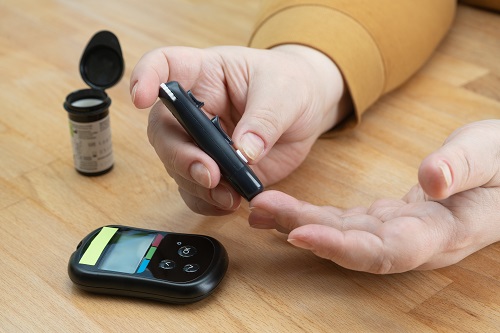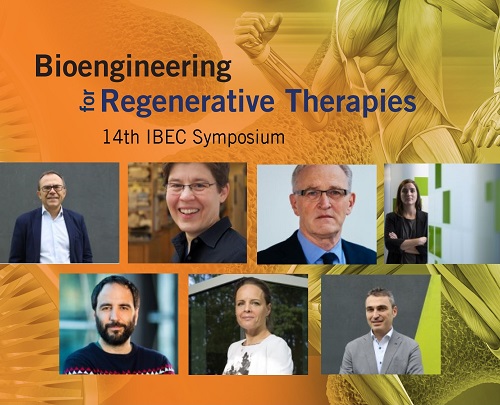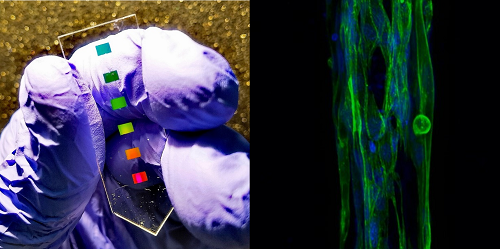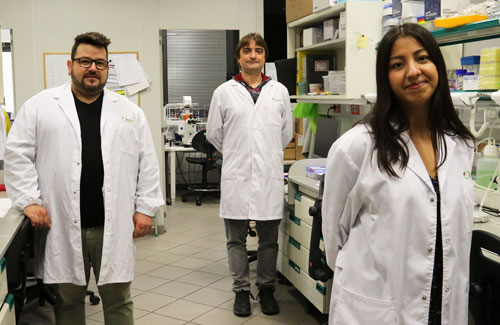An artificial muscle to study Duchenne muscular dystrophy
Developed by the IBEC, this system is created using patient cells and represents the first 3D muscle model capable of replicating the damage caused by Duchenne muscular dystrophy. The next phase of this project involves the development of an organ-on-a-chip platform, enabling more efficient preclinical studies of potential drugs and enhanced monitoring of muscle damage. Funding for this research has been provided by Duchenne Parent Project Spain, a non-profit association led by families with children affected by this form of dystrophy.

